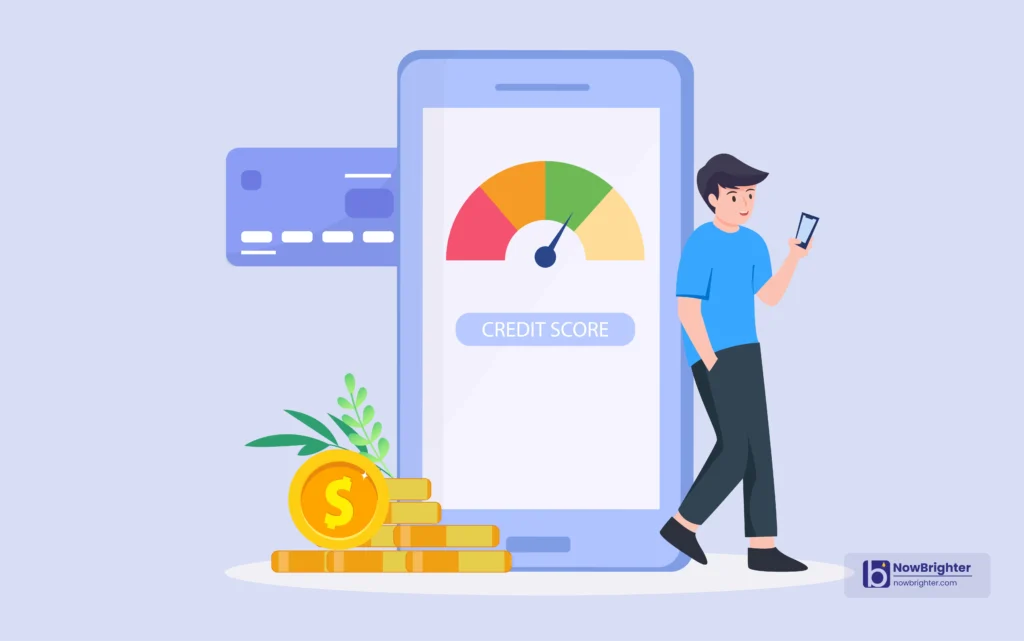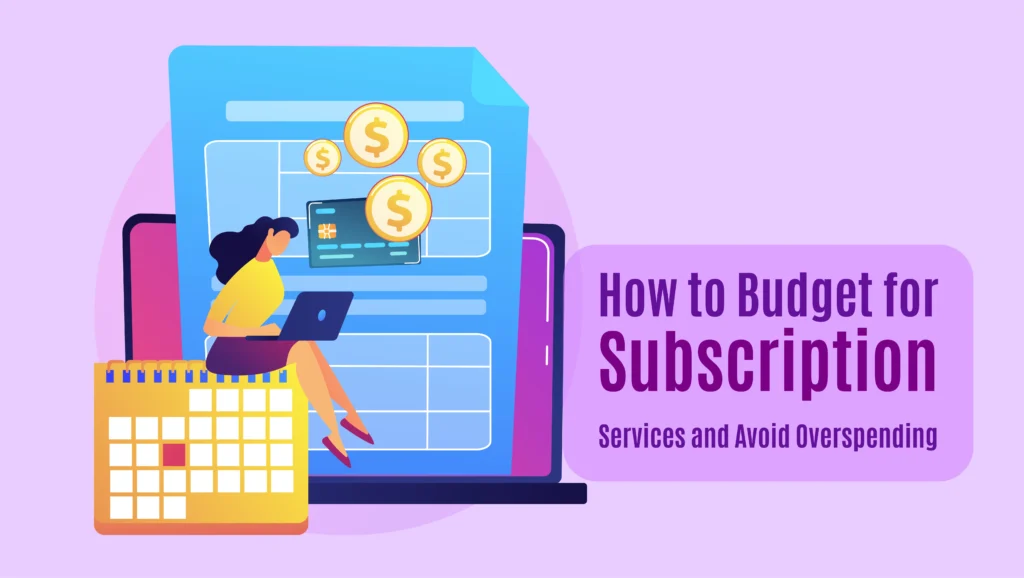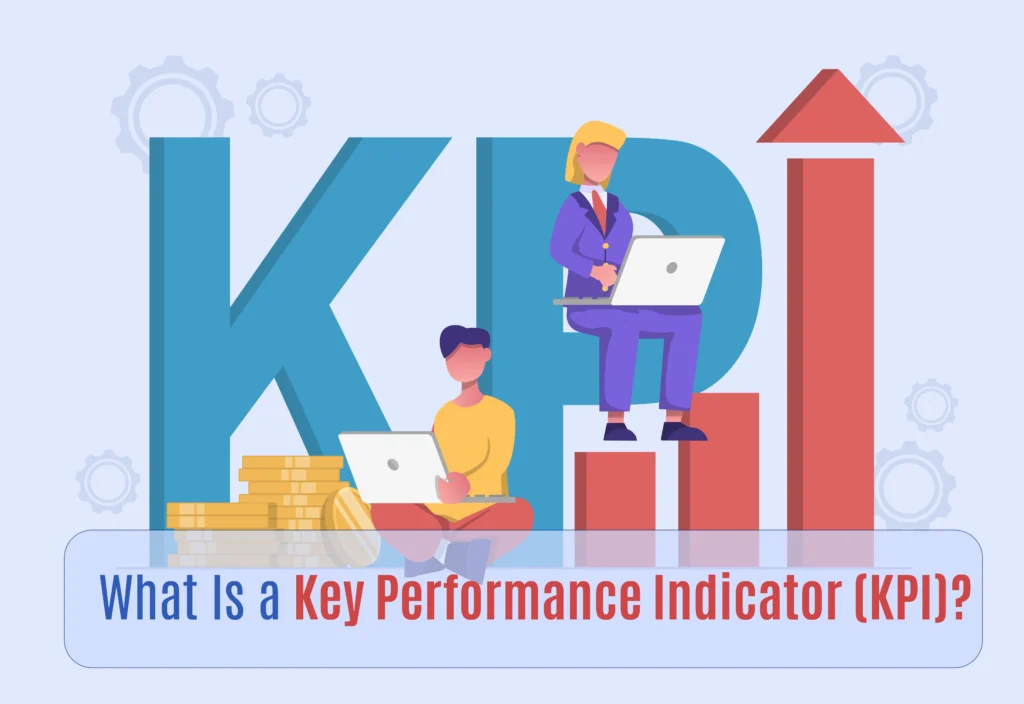How Often Should You Check Credit Score?
In today’s financial landscape, understanding your credit score is more crucial than ever. Whether you’re looking to buy a home, secure a loan, or even apply for a credit card, your credit score can significantly impact your financial opportunities. But how often should you check credit score to ensure you’re on the right track? Regularly monitoring your score can help you catch errors, identify potential fraud, and understand the factors affecting your creditworthiness. In this blog post, we’ll explore the importance of checking your credit score and offer practical tips on how frequently you should be doing so.
Many underestimate their credit score, thinking it matters only during credit applications. However, it frequently changes based on factors like payment history. Regularly checking your credit score keeps you informed about your financial health and helps you make proactive decisions. Join us as we discuss best practices for monitoring your credit score and why vigilance is crucial for your financial well-being.

What is a Credit Score and How Is It Calculated?
A credit score is a three-digit number that reflects your creditworthiness—essentially, how reliable you are in managing and repaying debts. Credit scores range from 300 to 850, with higher scores signaling lower risk to lenders. Credit scores are used by banks, credit card companies, mortgage lenders, landlords, and sometimes even employers to assess whether they want to extend credit or approve your applications.
Components of a Credit Score
Understanding how your credit score is calculated helps clarify why monitoring it regularly is essential. Credit scores are typically calculated using five key factors:
Payment History (35%)
Your payment history is the most important factor in your credit score, accounting for 35% of the total calculation. Lenders want to see if you’ve paid previous credit accounts on time. Even one missed or late payment can negatively affect your score for years.
Credit Utilization (30%)
Credit utilization is the percentage of your available credit that you’re currently using. It makes up 30% of your credit score. Ideally, you should keep your credit utilization ratio below 30%, which shows that you’re using credit responsibly without overextending yourself.
Length of Credit History (15%)
The longer you’ve had credit accounts open, the better it is for your score. This factor, accounting for 15% of your credit score, includes the age of your oldest account and the average age of all your accounts.
New Credit Inquiries (10%)
Every time you apply for a new credit card, loan, or mortgage, a lender performs a hard inquiry on your credit report, which temporarily lowers your score. These inquiries account for 10% of your total credit score.
Credit Mix (10%)
Lenders like to see that you can manage different types of credit, such as credit cards, mortgages, auto loans, and student loans. A diverse credit mix accounts for 10% of your score.
Why Monitoring Your Credit Score is Important
Your credit score fluctuates over time based on how you handle your finances, so it’s critical to stay informed about where your score stands. Regularly monitoring your credit score allows you to detect potential problems early, spot errors, and improve your financial standing.
Catch Errors Before They Hurt Your Score
Errors on your credit report can lower your credit score significantly, which could affect your ability to secure loans or get favorable terms. These errors might be as simple as incorrect account information or as serious as fraudulent activity. Regularly checking your credit score allows you to catch these mistakes early.
Incorrect Information on Your Credit Report
Your credit report might contain inaccurate information, such as an incorrect account balance, outdated contact information, or payments that were wrongly reported as late. Monitoring your score helps identify these mistakes before they do long-term damage to your credit.
How to Dispute Credit Report Errors
If you spot an error on your credit report, you can file a dispute with the credit bureau to have the information corrected. Most credit bureaus provide an online dispute process, and they are required to investigate and resolve your claim within 30 days. Fixing these errors can lead to an immediate improvement in your score.
Protect Against Identity Theft and Fraud
Credit monitoring helps you detect signs of identity theft early. If someone opens a credit card or loan in your name, you’ll see it reflected in your credit report. The earlier you catch these fraudulent accounts, the faster you can take action to minimize damage.
Signs of Fraudulent Activity
Monitoring your credit allows you to detect unauthorized accounts or suspicious activity, such as credit inquiries from lenders you’ve never interacted with. These can be signs that someone is using your identity to apply for credit in your name.
Actions to Take If You Detect Fraud
If you suspect fraud, immediately place a fraud alert or credit freeze with the credit bureaus. This prevents new accounts from being opened in your name. You’ll also want to contact the creditor associated with the fraudulent account and file a report with the Federal Trade Commission (FTC).
Improve Your Credit Score Over Time
Regular credit monitoring allows you to track your progress as you pay down debts and make timely payments. As your credit utilization decreases and your payment history improves, you’ll see positive changes in your score.
Track Your Credit Score Progress
When you monitor your credit score, you can track how your efforts to improve it—such as paying off debt or reducing your credit utilization—are paying off. If your score improves, you’ll know that your financial strategy is working.
How Monitoring Can Guide Financial Decisions
Knowing your credit score helps you make informed financial decisions. For example, if you plan to apply for a mortgage, monitoring your score beforehand lets you know whether you need to improve it first to qualify for better interest rates. Similarly, if your score drops, you’ll be aware of it before applying for any credit, avoiding potential denials.
≫ Related Post: How to Build Credit Score from Scratch
How Often Should You Check Your Credit Score?
The ideal frequency for checking your credit score depends on your financial situation, goals, and potential risk factors. For some people, monthly checks are ideal; for others, quarterly or annual reviews may be sufficient. Here’s a guide to how often you should monitor your credit based on your individual needs.
Monthly Monitoring
For most people, checking your credit score on a monthly basis is a good practice. This frequency allows you to stay on top of changes, catch errors early, and ensure your credit score is improving as expected.
Why Monthly Monitoring is Ideal for Most People
Monthly monitoring helps you detect inaccuracies or fraudulent activity quickly, giving you the ability to address issues before they cause significant damage to your credit. It also helps you keep track of your score as it fluctuates based on your financial habits, such as paying down debt or using credit responsibly.
Credit Monitoring Tools and Services
Several free and paid services offer monthly credit score updates. Tools like Credit Karma, Credit Sesame, and Experian provide easy access to your credit score, alert you to changes, and track your score over time. Most of these services are free, but paid versions often include additional features like identity theft protection and real-time credit monitoring.
When to Check More Frequently
Certain situations require more frequent credit score checks, such as when you’re planning to apply for a loan or if you suspect fraudulent activity.
Applying for a Major Loan or Mortgage
When you’re preparing to apply for a major loan, like a mortgage, it’s a good idea to check your credit score more frequently—every couple of weeks or even weekly. This ensures that you catch any changes to your score, fix any errors before applying, and verify that your score is high enough to secure favorable terms.
Suspicion of Fraud or Identity Theft
If you suspect that your personal information has been compromised or you notice suspicious activity on your accounts, you should monitor your credit score and report more frequently, potentially weekly or even daily, until the situation is resolved. Monitoring helps you catch fraudulent activity before it causes significant harm to your financial standing.
When to Check Less Frequently
There are times when it’s acceptable to check your credit score less frequently, such as when your financial situation is stable or after you’ve recently secured a major loan or mortgage.
Stable Financial Situation
If your finances are stable, and you’re not planning any major purchases or credit applications, you can check your credit score quarterly or bi-annually. If your credit history is strong and you’re not opening new accounts or changing your debt structure, quarterly checks may be sufficient to ensure everything remains on track.
After Securing a Loan or Mortgage
Once you’ve secured a major loan or mortgage, and your financial situation stabilizes, you can reduce the frequency of your credit checks. Continue making on-time payments, and you’ll likely see your score improve gradually.
How to Check Your Credit Score
There are several ways to check your credit score, both free and paid. It’s important to know where to access your score and the difference between checking your credit score and reviewing your full credit report.
Free Annual Credit Reports
You’re entitled to one free credit report from each of the three major credit bureaus (Equifax, Experian, and TransUnion) once per year through AnnualCreditReport.com. This site is authorized by the government and is the best resource for reviewing your full credit report. However, these reports typically do not include your credit score.
AnnualCreditReport.com
To access your free reports, visit AnnualCreditReport.com. You can request all three reports at once or stagger them throughout the year to monitor your credit more regularly.
Free Credit Score Sources
While your annual credit reports don’t usually include your credit score, services like Credit Karma and Credit Sesame offer free access to your credit score along with helpful credit monitoring tools.
Using Paid Credit Monitoring Services
If you want more comprehensive monitoring, you may consider a paid credit monitoring service. These services often provide real-time alerts, enhanced identity theft protection, and regular access to your full credit report and score.
Premium Credit Monitoring Services
Paid services such as myFICO, Experian Premium, and IdentityGuard offer comprehensive monitoring of your credit score and report. They alert you to changes in your score, provide regular updates, and offer identity theft protection.
Benefits of Paid Services
While free services provide basic credit score monitoring, paid services offer more robust protection. This includes identity theft alerts, real-time credit report updates, and even recovery assistance if your identity is compromised. For those who need more detailed protection, a paid service might be worth the investment.
What to Do If Your Credit Score Drops
If you notice that your credit score has dropped, it’s important to take immediate action to find out why and address any issues.
Review Your Credit Report for Errors
Start by reviewing your credit report to identify the reason for the drop. Look for inaccuracies, such as late payments that shouldn’t be there or incorrect account balances.
Identify the Cause of the Drop
A sudden drop in your score could be caused by something as simple as a missed payment or an increase in your credit utilization. Review your report carefully to identify any red flags.
Dispute Any Inaccuracies
If you find any incorrect information, such as a payment being reported late when you paid on time, you can dispute it with the credit bureau. Resolving these inaccuracies will help restore your credit score.
Address Financial Habits Impacting Your Score
If your score drops because of missed payments or high credit utilization, take steps to improve your financial habits.
Paying Down Debt
One of the most effective ways to improve your credit score is by paying down your debts, especially if your credit utilization is high. Lowering your credit card balances will positively impact your score over time.
Ensuring Timely Payments
Set up automatic payments or reminders to ensure you never miss a due date. On-time payments are crucial for maintaining and improving your credit score.
Consider Professional Credit Repair
If your credit score has dropped significantly and you’re struggling to recover, it may be worth consulting a professional credit repair service or financial advisor. These experts can help you create a plan to improve your credit score.
Conclusion
Monitoring your credit score is a vital part of maintaining financial health. Checking your score regularly helps you catch errors, protect yourself from fraud, and track your financial progress. By understanding when and how often to check your score, you can stay on top of your credit and ensure you’re always in a strong position when it comes to borrowing or making major financial decisions.
Whether you check your score monthly, quarterly, or more frequently during key financial milestones, staying informed about your credit status is the first step to protecting your financial future.
















